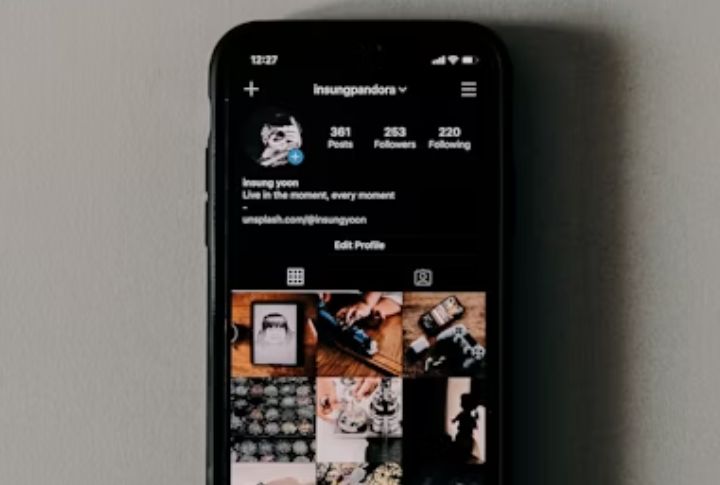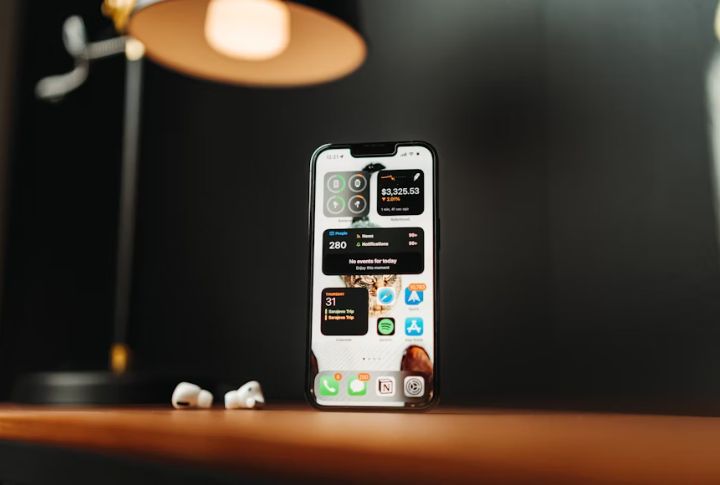
Smartphone brand loyalty isn’t just a Gen Z or millennial thing. It runs deep with users over 50, often for very different reasons. For this group, ease of use outweighs the hype of newer, flashier alternatives. Once a brand earns its trust, it’s rarely broken. This article explores why so many people in this age group stick with the same smartphone brand after making their initial choice. They may go for better models, but the brand remains the same.
Familiarity With Interface And Features

After years of use, the interface of a preferred smartphone brand becomes second nature. Menu layouts and notification settings are ingrained in muscle memory. This familiarity reduces cognitive load and eliminates the need to constantly relearn how to perform basic functions.
Resistance To Learning New Systems

Switching to a new operating system often feels more like a disruption than an upgrade. The idea of learning in different settings creates stress. There’s also the fear of forgetting passwords or disrupting linked services. For people over 50, the learning curve of a new OS doesn’t outweigh the comfort of staying with what they are already familiar with.
Trust Built Through Consistent Reliability

If a smartphone brand has performed reliably, it becomes difficult to justify a change. Many in this age group value reliability far more than edgy features. Their phone works the way they need it to, and that predictable dependability is worth more than flashy innovation.
Social Support And Recommendations

Troubleshooting becomes easier when friends and family use the same brand. Need help turning on voice dictation or backing up photos? Chances are, someone nearby knows precisely where to tap. Staying in the same ecosystem also makes it easier to follow advice from peer groups.
Preference For Established Customer Support Channels

People over 50 often favor the ability to walk into a physical store and get straightforward service. When they already know where the support center is or have spoken to a helpful staff member before, trust builds. Standardized repair services and easy-to-access accessories create a sense of security.
Avoidance Of Data Migration Risks Or Hassles

Switching smartphones within the same brand means an easy transfer with minimal input. But moving between platforms can feel risky. The boomers may worry about losing cherished photos, saved health data, or access to secure apps like banking and insurance. Staying with a single brand avoids those complications and ensures continuity.
Emotional Attachment And Habit

A familiar ringtone or the feel of a specific keyboard can evoke nostalgia. Some associate their phone with essential life moments or milestone achievements. That emotional weight, combined with the comfort of daily routine, can turn brand loyalty into a deeply ingrained habit that’s hard to break.
Investments In Brand Ecosystem

Years of buying apps and subscriptions create a financial and functional investment in a particular ecosystem. A smartwatch or smart TV might already sync flawlessly with the phone. Loyalty programs and upgrade discounts also offer incentives to stay. Switching brands can mean rethinking an entire connected lifestyle.
Lower Impact Of New Technology Trends

New smartphone releases often emphasize incremental upgrades like AI features. For older users focused on daily functionality, these changes rarely feel compelling. Flashy marketing doesn’t carry the same weight as long-term performance. Many are content with phones that serve them well for years without chasing every new release.
Steady Decline In Digital Confidence

Some users over 50 feel less confident working through new systems or complex digital environments. Familiar devices provide a sense of control and independence. Switching brands can heighten fears of falling for scams, misconfiguring settings, or making irreversible mistakes. There is also an innate fear of misconfiguring settings.

